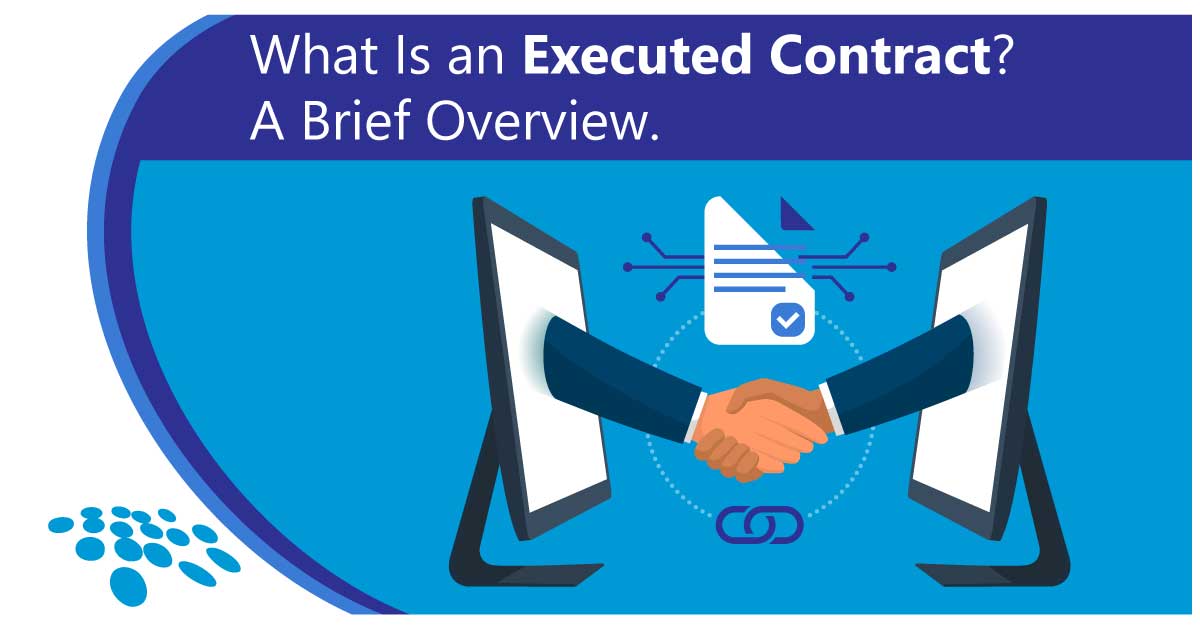From simple deals between friends to complex business arrangements, contracts play a crucial part in defining the terms and conditions of an agreement. One common type of contract is a bilateral contract – which we will explore in this blog post!
What Is a Contract Amendment? How Can Contract Amendments Be Managed?
By Sean Heck on 08/21/24
A contract amendment is a modification of the terms and conditions of a contract or subcontract.
Though we will explore contract amendments more in-depth, it is worth noting that changing the structure, duties, obligations, or rights of a contract requires increased oversight.
To that end, let's explore contract amendments and how disparate, important, and sensitive information can be managed, and contract amendments can be executed smoothly for effective contract management.
What Is a Unilateral Contract? Definition & Examples
By Sean Heck on 04/22/24
Contracts are an essential aspect of everyday business operations (and even everyday life in general). They govern myriad transactions and agreements – serving as the cornerstones of personal and business relationships. There are many different ways to categorize and compartmentalize contracts by type – including as unilateral and bilateral contracts.
One of the most common types of contracts that appears in business settings is a unilateral contract. What is a unilateral contract – and why does it matter?
In this blog post, we will dive into the concept of unilateral agreements and provide an example of them at work!
Unleashing the Power of AI in Contract Management for Lawyers
By Sean Heck on 10/24/23
Legal professionals are increasingly leveraging technological innovations to enhance efficiency, time savings, and accuracy. One of these powerful tools for legal work includes AI systems. AI for lawyers has become a cornerstone in transforming traditional legal practices. Legal AI is not a concept of the future but a present reality, altering the landscape of contract management and various legal processes. Such automated tools have not replaced lawyers; instead, they save time on processes such as document review and those that involve managing a large amount of data, stakeholders, tasks, and contract executions.

























